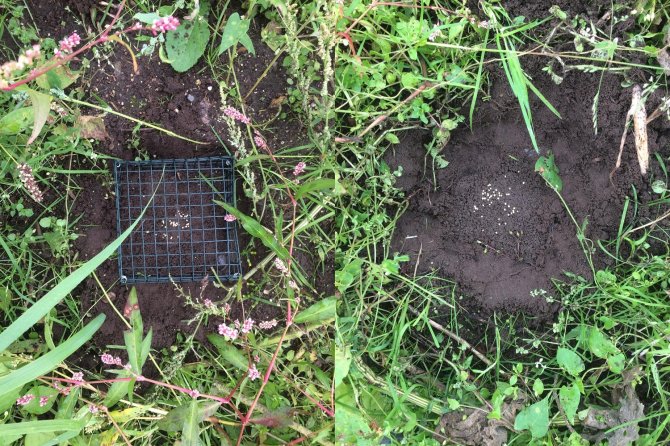
Project
The impact of strip cultivation on weed seed predation
Strip cultivation is an agricultural technique that provides both practical and ecological benefits. This method involves increasing crop diversity, which can support more organisms that feed on weed seeds on the soil surface. This natural process can help control weed populations, making it an essential approach for farmers interested in managing their fields sustainably.
Project description
Strip cultivation, a type of intercropping, offers ecological and practical benefits. However, weed management remains a challenge in this system. The increased spatial crop diversity in strip cultivation could potentially provide alternative options for managing weeds, such as promoting higher levels of weed seed predation. This study aims to investigate the impact of strip cultivation on weed seed predation and whether differences in harvesting times between neighbouring crop species in strip cropping systems could extend canopy cover, aiding seed removal and providing shelter for seed predators.
Data will be collected from various strip experiments across the Netherlands, and comparisons will be made between a strip treatment and reference monocultures.

Objectives and methods
This MSc project's primary focus will be field experimentation, providing students with hands-on practical experience in ecological weed management practices.
Objectives:
- Does strip cropping influence the level of weed seed predation compared to a mono-crop system?
- Does weed seed predation differ between crop species regarding the number of predated seeds and type of predator?
- Is there a difference in weed seed predation pre-and post-harvest?
Required skills
Basic statistics skills. Beneficial but not required: experience with field experimentation and R programming language.
Types of research/work
Research: Field experimentation
A specific number of seeds are placed in caged and non-caged samples in a field for a period of time. Afterwards, the seeds are collected and counted to determine the number of predated seeds.
Period
July until December 2024
Location
The Netherlands